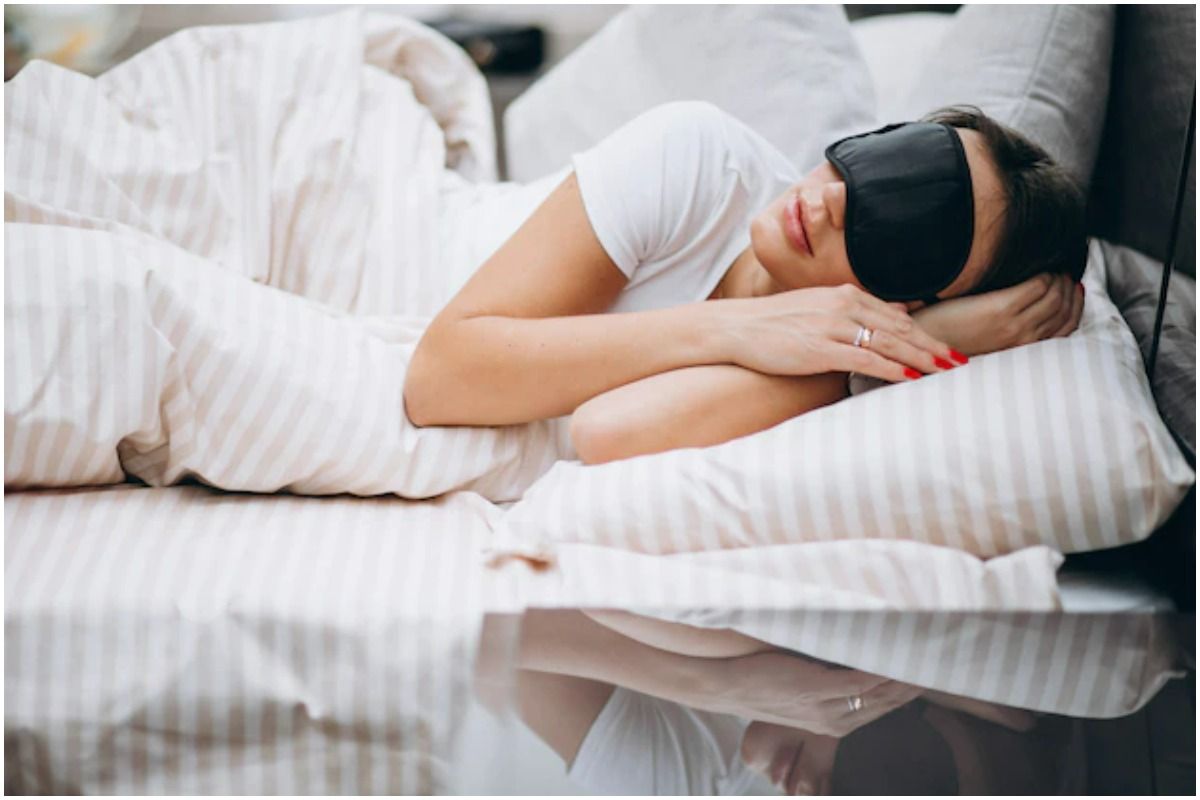Quality sleep is hard to attain for many people. For instance, if you struggle with anxious thoughts or nighttime pain, you may be frustrated by watching the minutes click by on your alarm clock. Moving your alarm clock could help, but quality sleep hygiene will help more.
Sleep Hygiene Starts in the Morning
If falling asleep is a problem, get up at the same time each day to start training your brain into a regular sleep cycle. Your morning brain may be tired, cranky, agitated and frantic, but once you’re up, stay up.
Avoid making a lot of decisions in the morning. Prep as much as possible, such as
- setting out your morning workout gear before you go to bed
- hanging up and ironing (if necessary) your clothes for work tomorrow
- prepping your coffee pot, so all you have to do is hit the power switch
You can also make full use of your mornings by setting up a regular rotation of breakfast options for yourself and your family. Finally, prep those lunches for lunchboxes before you go to bed.
Protect Your Bedtime Throughout the Day
Many of us consume caffeine in the morning. If you drink soda or tea throughout the day and can’t sleep at night, it’s time to scale back your caffeine intake after lunch.
Arrange your work day so that challenging work (and difficult people) are off your plate by noon. Mental and emotional stimulation, both positive and negative, can agitate your brain and make it harder to wind down at night. If you want to get together with friends and laugh until your sides hurt, meet for lunch.
Don’t Use Alcohol as a Sleeping Aide

If you love wine with dinner or beer and popcorn with a movie, have some. However, alcohol as a tool for winding down can be incredibly hard on your stomach, your esophagus, your teeth and your sleep quality.
Alcohol can lead to excess fat and excess relaxation at the back of the mouth. If you already struggle with snoring or sleep apnea, alcohol will likely worsen it. This is not to say that you should never drink. However, pairing alcohol and sleep quality is not an accurate equation.
Manage Your Temperature
Make your sleeping area as cool as possible. Body temperature needs to drop to settle into the deepest level of sleep. If you enjoy a relaxing bath or shower before bed, go ahead and take one. Avoid an excessively hot bath, or move the time of your bath a bit earlier so your body can cool down.
A simple way to prepare your body for deeper sleep is to clean your teeth before bed and get into your pajamas or robe. If your house is warm, leave your wrists and ankles exposed so you can cool down a bit before you crawl into bed and snuggle in under the blankets.
Getting ready for bed right after dinner is also an excellent way to avoid excess snacking. If you’re working to lose weight or just eat healthier, avoiding that bedtime snack can help.
Reduce Your Light Exposure
Consider also turning off all overhead lights after dinner. If you like to watch a bit of television or read before bed, use those tools as your light source. Use bedside lamps to lighten your home enough to safely get into bed, but don’t jolt your brain with a bright light once you’re in your pajamas.
Some insomnia sufferers find that switching to natural light in the hour before bed can be helpful. This means candles. Don’t worry about finding a fancy candle holder; instead, place a jar candle inside a small cooking pot so you can safely move your candle from room to room.
Of course, this is a bit on the extreme side and is not a good idea if you have children. However, if your brain can’t shut down at the end of the day, starving it of electric light can help.
Many find that fragrances are also effective. Light a lavender candle. Use sandalwood or lavender linen spray to freshen your bed. If you have a fragrance diffuser, use something mild, such as lavender or vanilla to freshen your room and calm your spirit.
